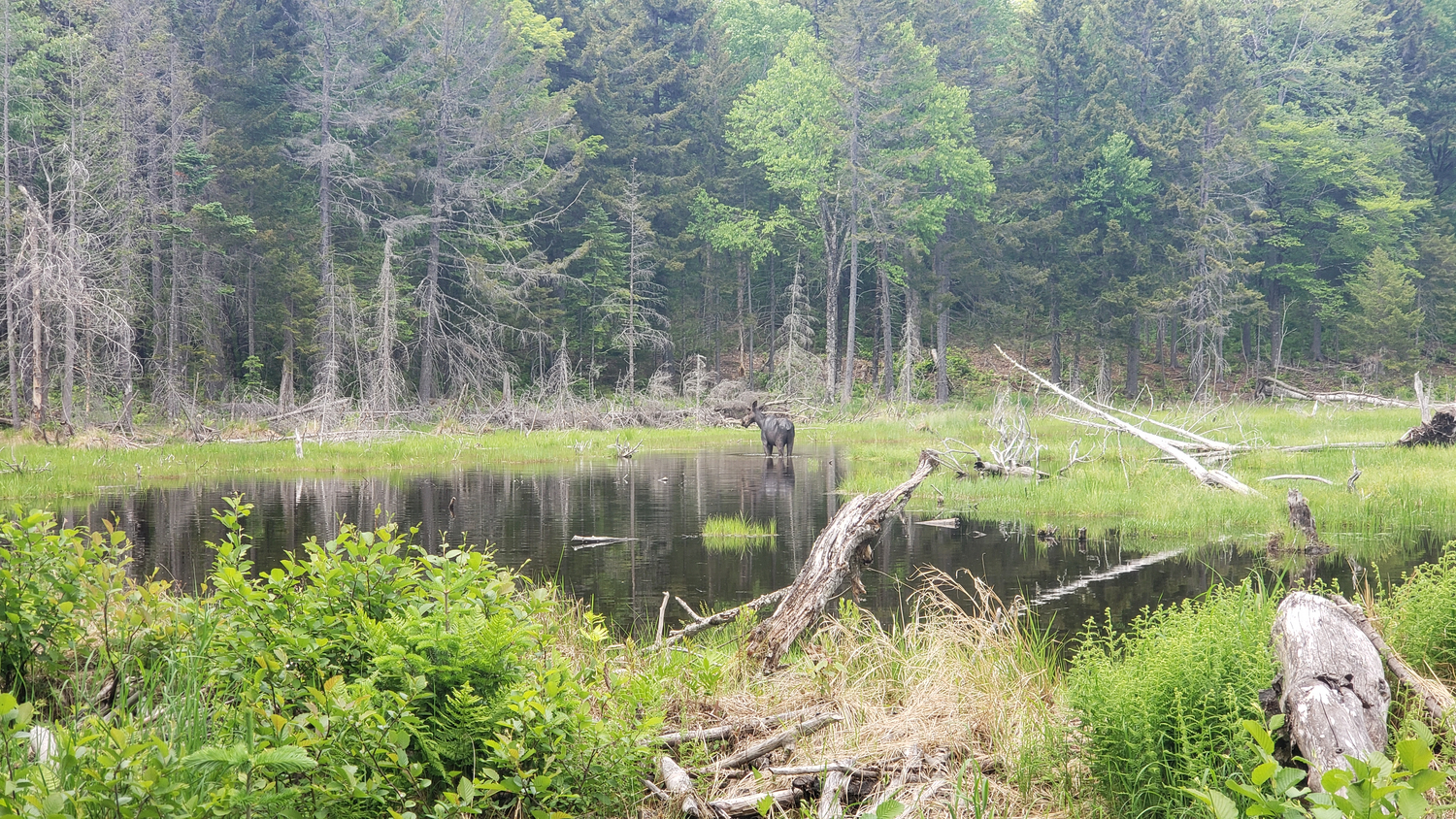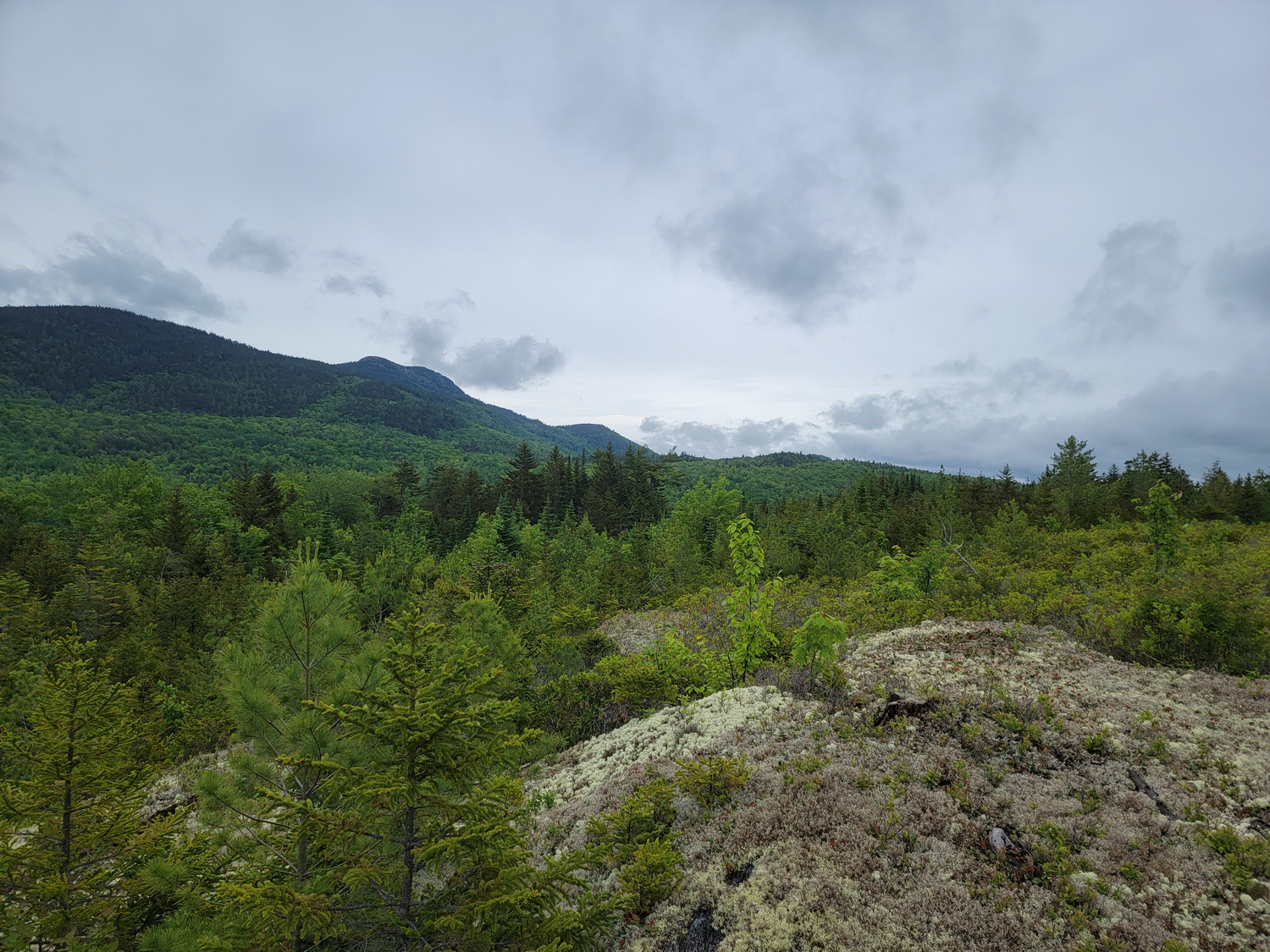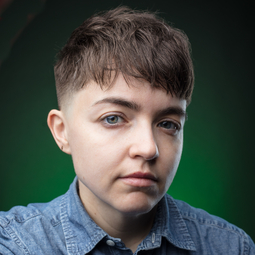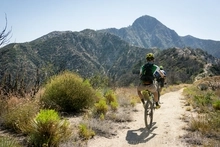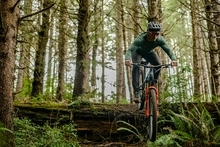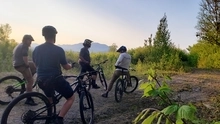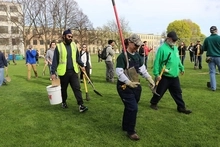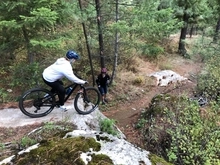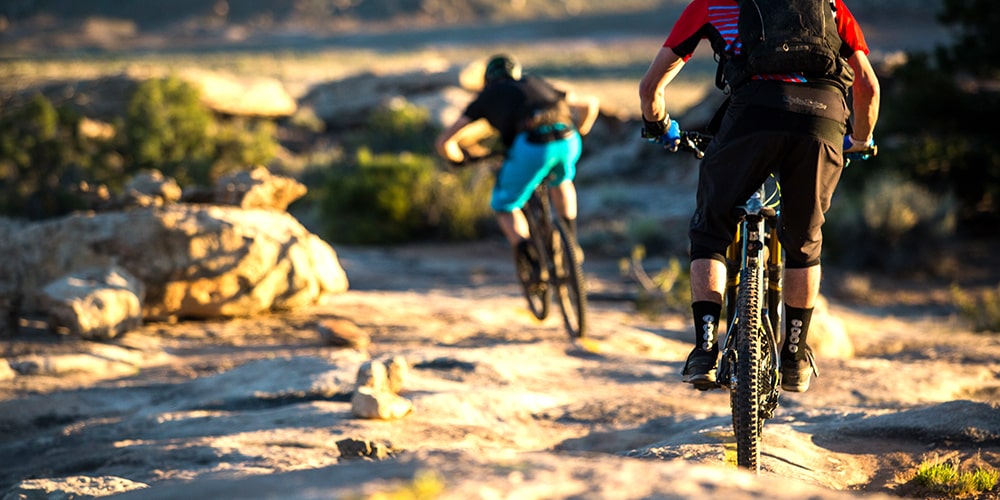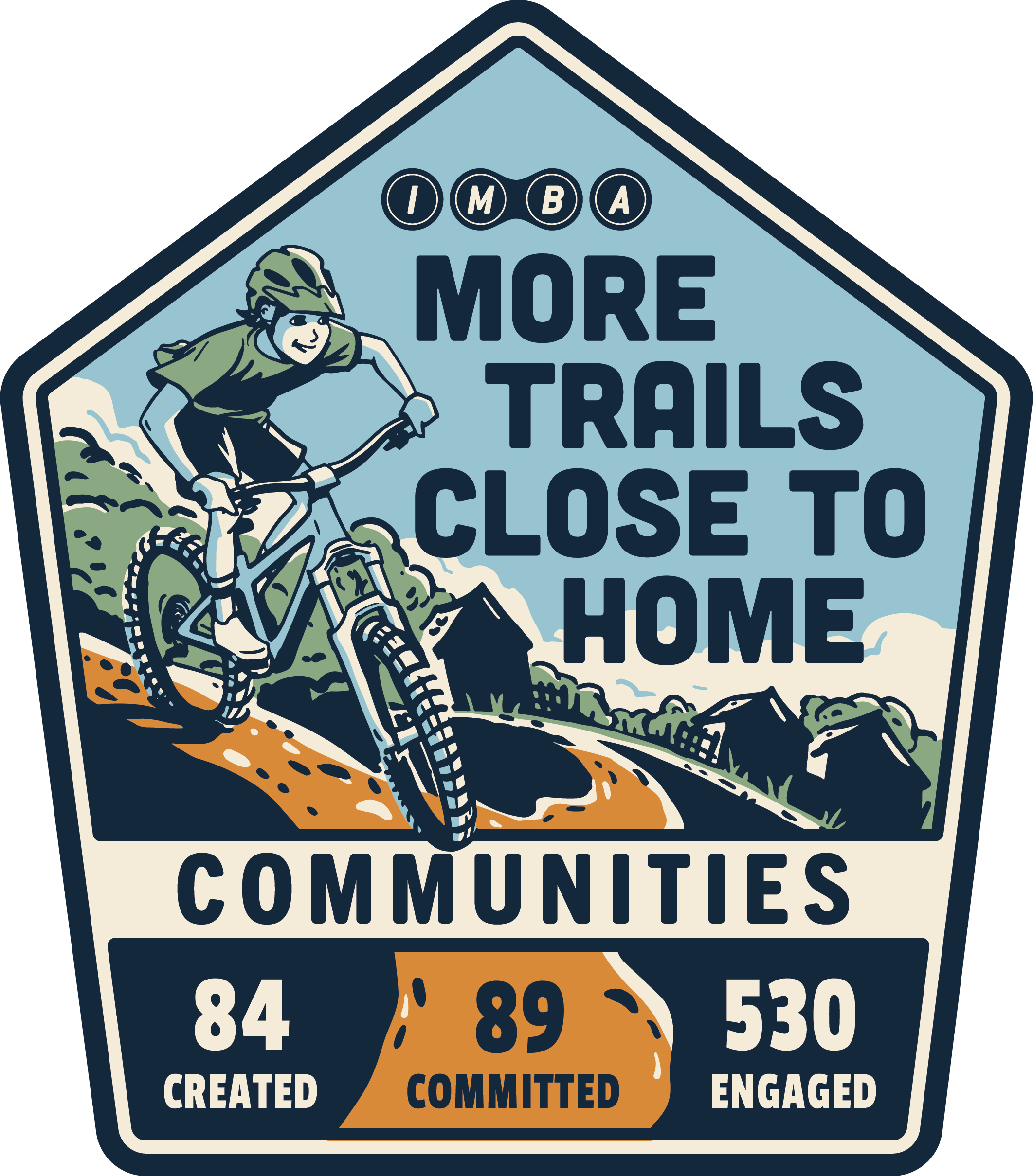Ten Years, Five Big Wins, Thousands of Mountain Bike Advocates
IMBA Trail Solutions planners, designers, project managers and community engagement specialists span the country each calendar year crafting the next generation of trails. The mileage and elevation gains they put on their hiking boots are no match for the passion each of these professionals has for bringing more human-powered recreation opportunities to communities.
Come mid-summer their travel slows, and the work that most mountain bikers never see begins: drafting plans, making calls, advocating for communities, navigating endangered species ecosystems…the list goes on. We were curious about some of the team’s most notable field experiences to date in 2022, so we asked and they answered:
Steve Kasacek & Liz Grades
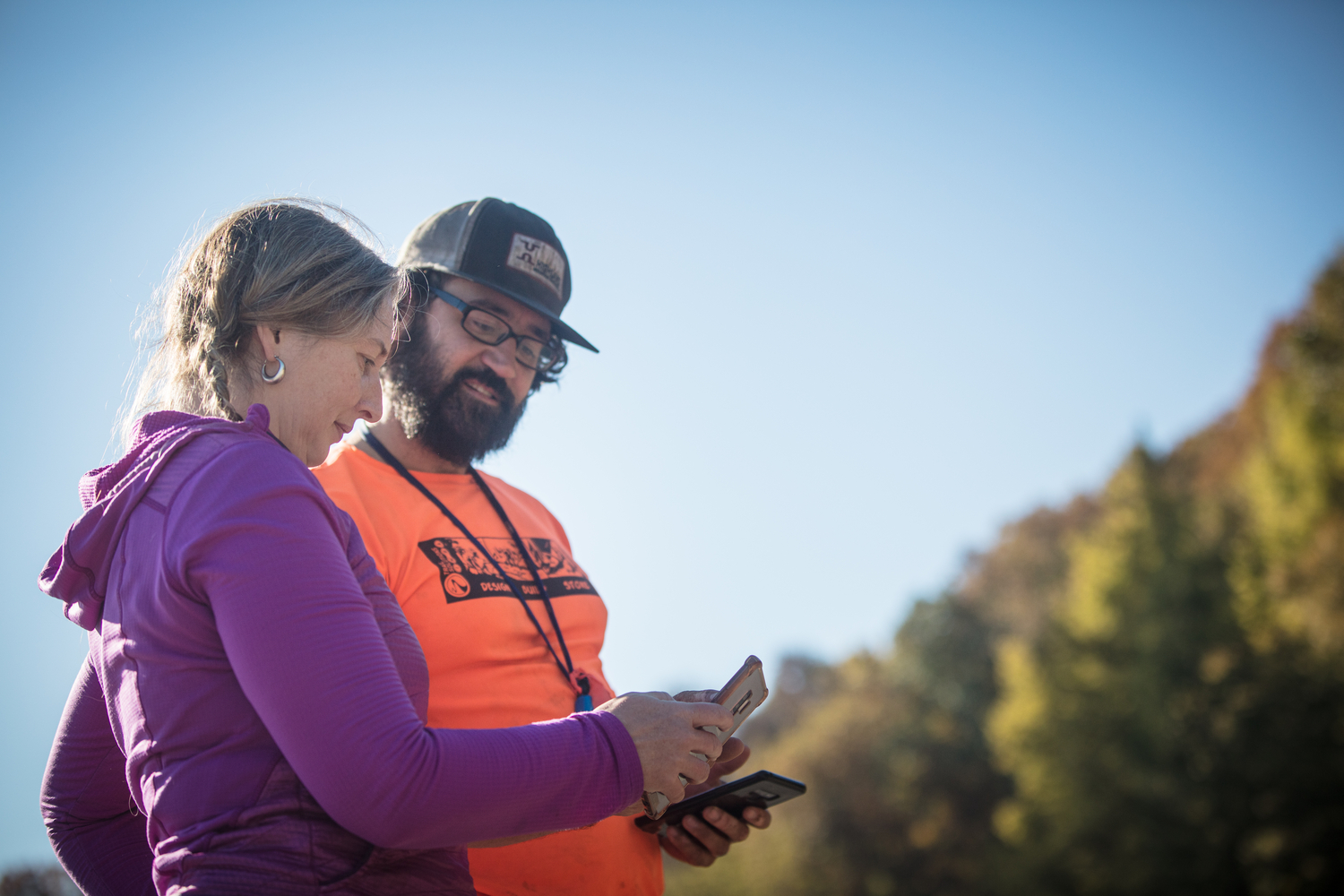
Q: Tell us about yourself and how long you’ve been on the IMBA Trail Solutions team.
LIZ: I am a Planner and Project Manager with IMBA TS. I have been with TS since September 2021. I have a background in Trail Construction and Design, Landscape Architecture, and Recreation Planning.
STEVE: I’ve been on the TS team since April 2016—my longest job ever! I grew up in small-town New England where everyone knows everyone and there is lots of room to play outside. I consider myself incredibly lucky; as a kid, my parents took me hiking, camping, and bike riding a lot. I found mountain biking at a young age but forgot it for high school sports. It wasn’t until college that I picked the bike back up to get around campus. I happened to attend the Pennsylvania State University which is next door to some of the best singletrack on the east coast: Rothrock State Forest. Since then I haven’t really stopped. My degree is in civil engineering with a focus on hydrology/stormwater, and I did that type of work for nearly four years until I thought I would die in a cubicle. That’s when I found IMBA, a job that has given me amazing opportunities to travel, meet new people, and assist communities.
Q: Where has 2022 taken you so far?
LIZ: I have been doing a bunch of traveling for IMBA this year: Lewisburg - White Sulfur Springs, WV, Waynesboro & Harrisonburg, VA, Marinette County, WI, Ashland, WI, Bethel, ME, Monson/Elliotsville, ME.
STEVE: I started this season in Stuart, FL and I just got back from Presque Isle, ME. When I tell people I literally travel the entire east coast, I mean it.
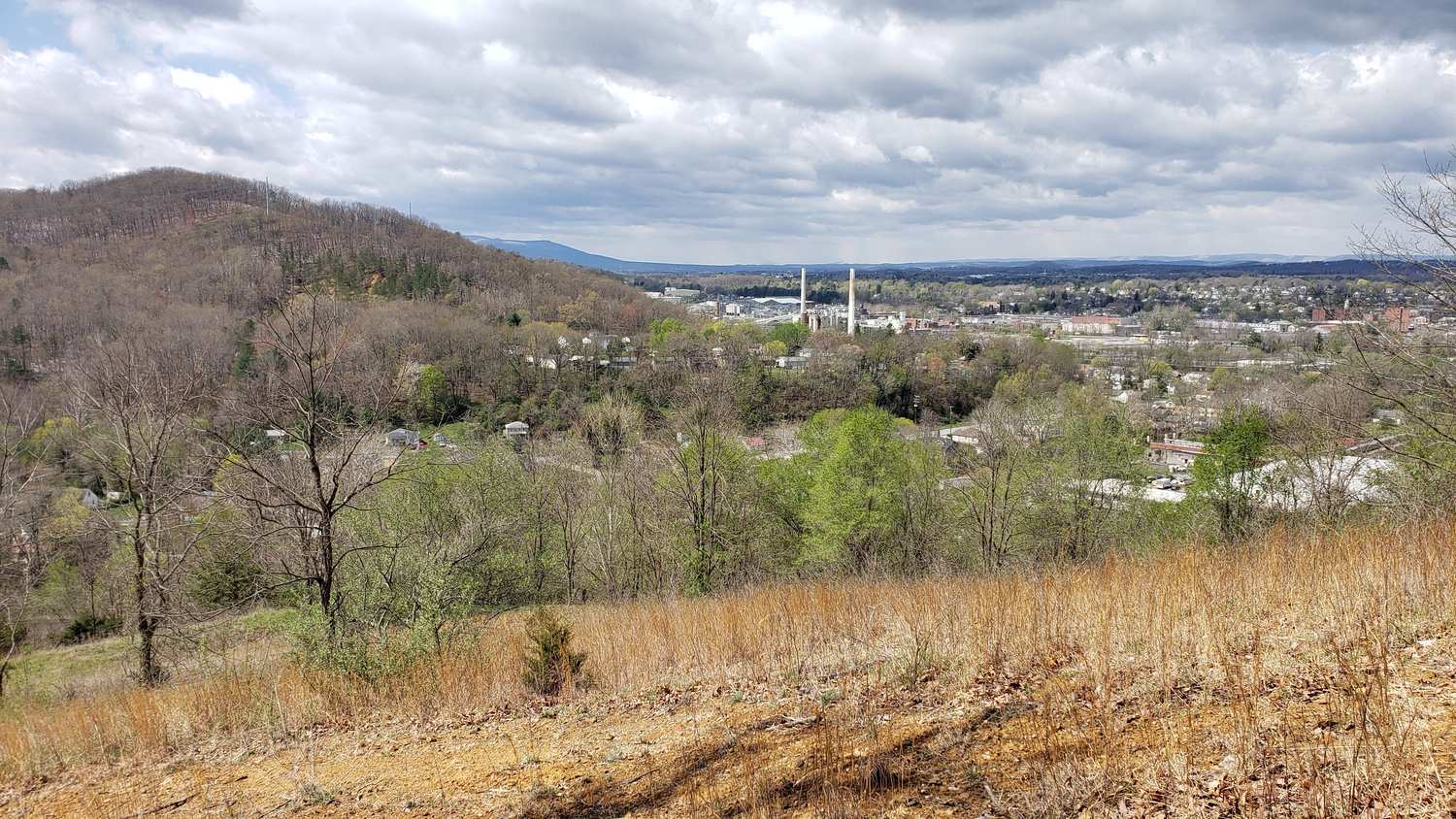
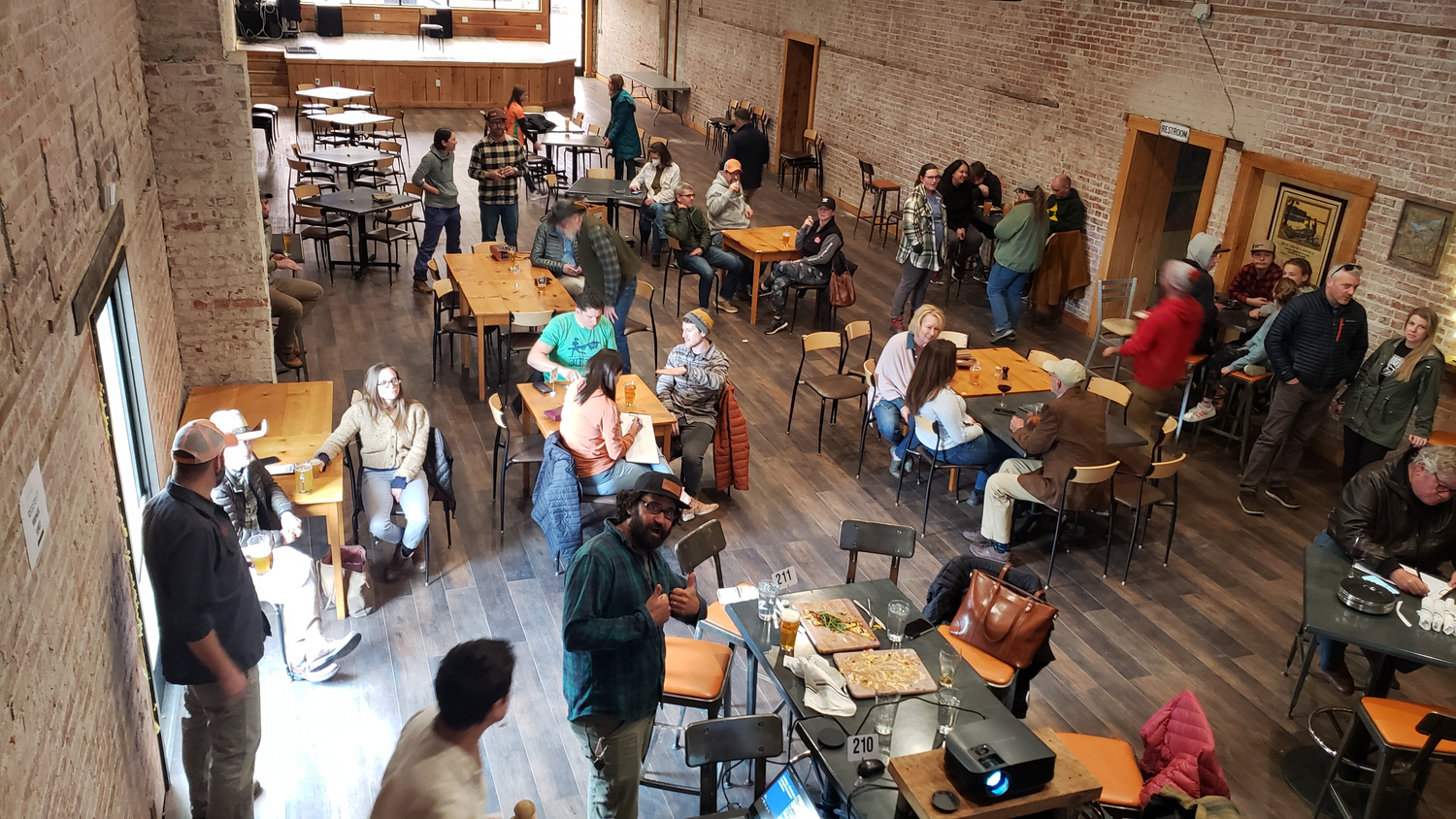
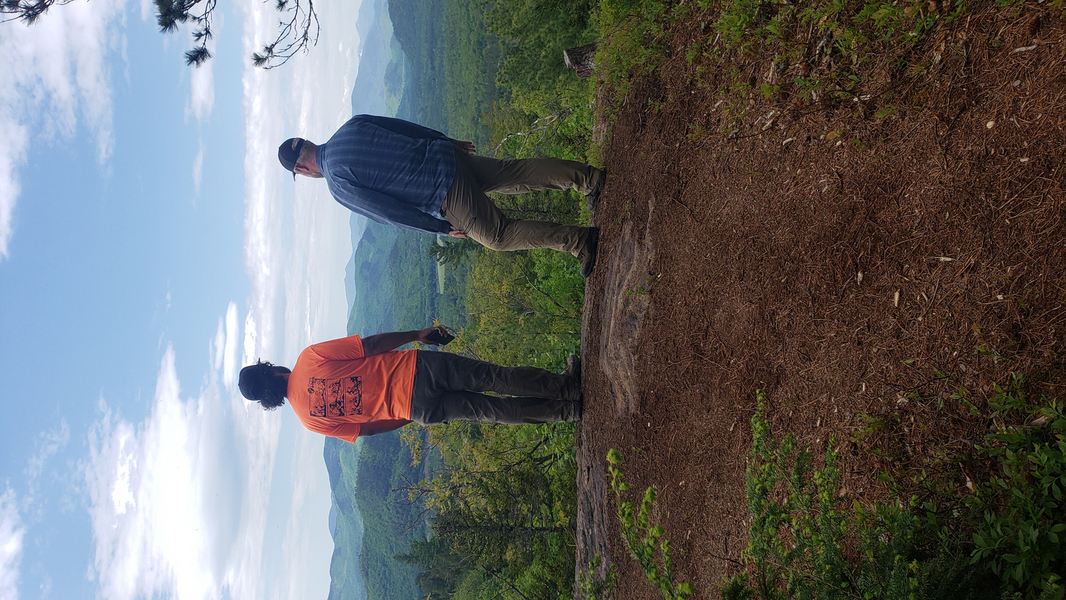
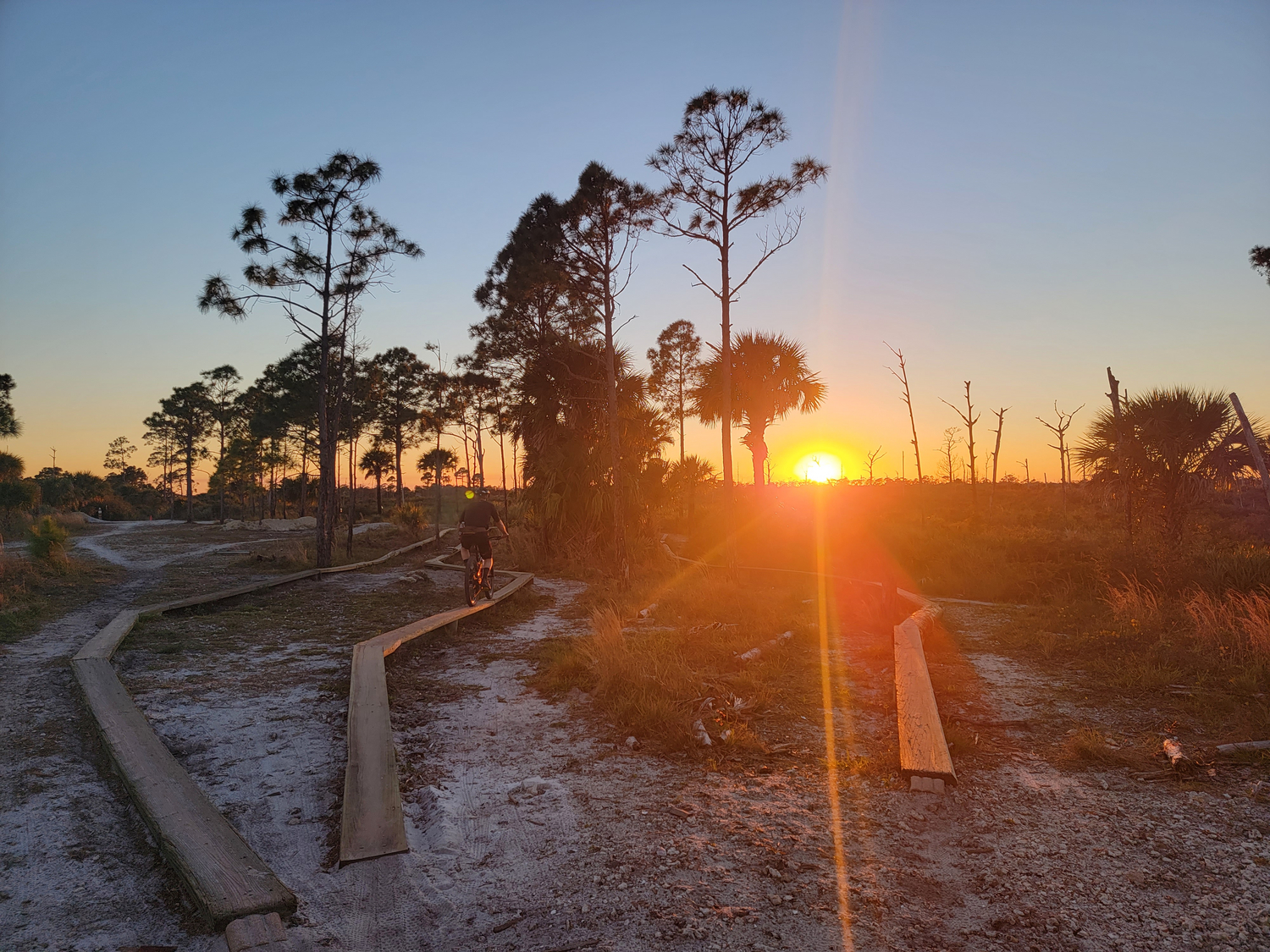
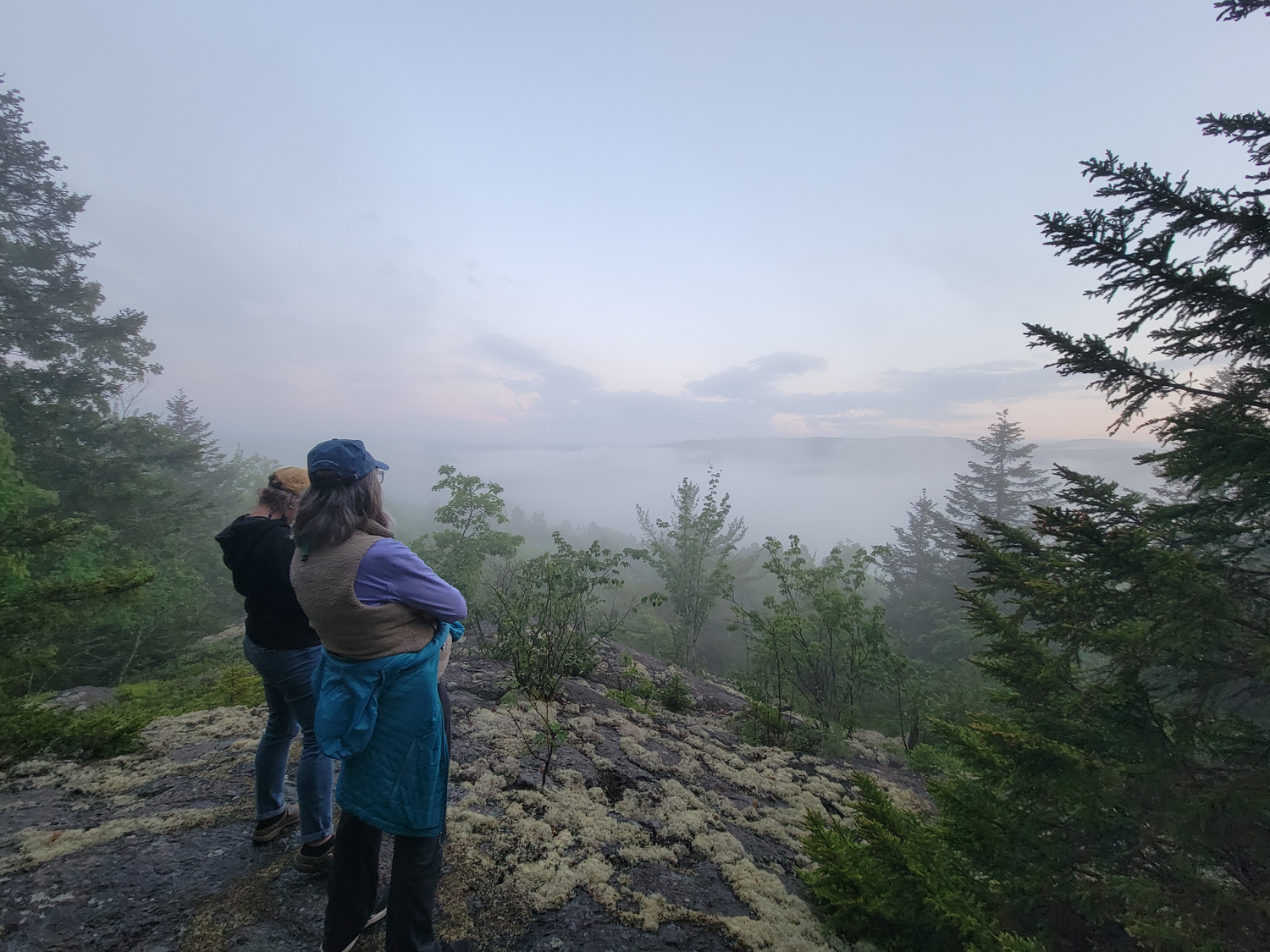
Q: What do you look forward to when traveling to a new project location?
LIZ: I love traveling to new places and getting to spend time discovering what is special about a site.
It’s a little like detective work discovering interesting locations on site, points of interest like views, unique site features and history, rocks, and fun terrain for trails. I am also looking for site constraints and places not suitable for trail development. It’s important to understand how things we are seeing in our mapping and desktop analysis translate to the real world and how to incorporate some of the unique things we find while on a site visit into our trail plans and designs.
STEVE: “Travel is fatal to prejudice, bigotry, and narrow-mindedness” - Mark Twain. I am a nerd about landscapes and communities and how they influence each other. I get very excited about what new geological and ecological region I’m headed to. I love to learn about the natural history of a location, how the terrain was formed and has been shaped and what that means for the culture that has developed. But more than the environment, I love meeting new people. This job has taken me places I would never go on a typical vacation, and the people I meet in those places teach me more about the world and myself. I always say the best part of the job is the people I meet, and I’ve met a wide range of folks in all corners of this country.
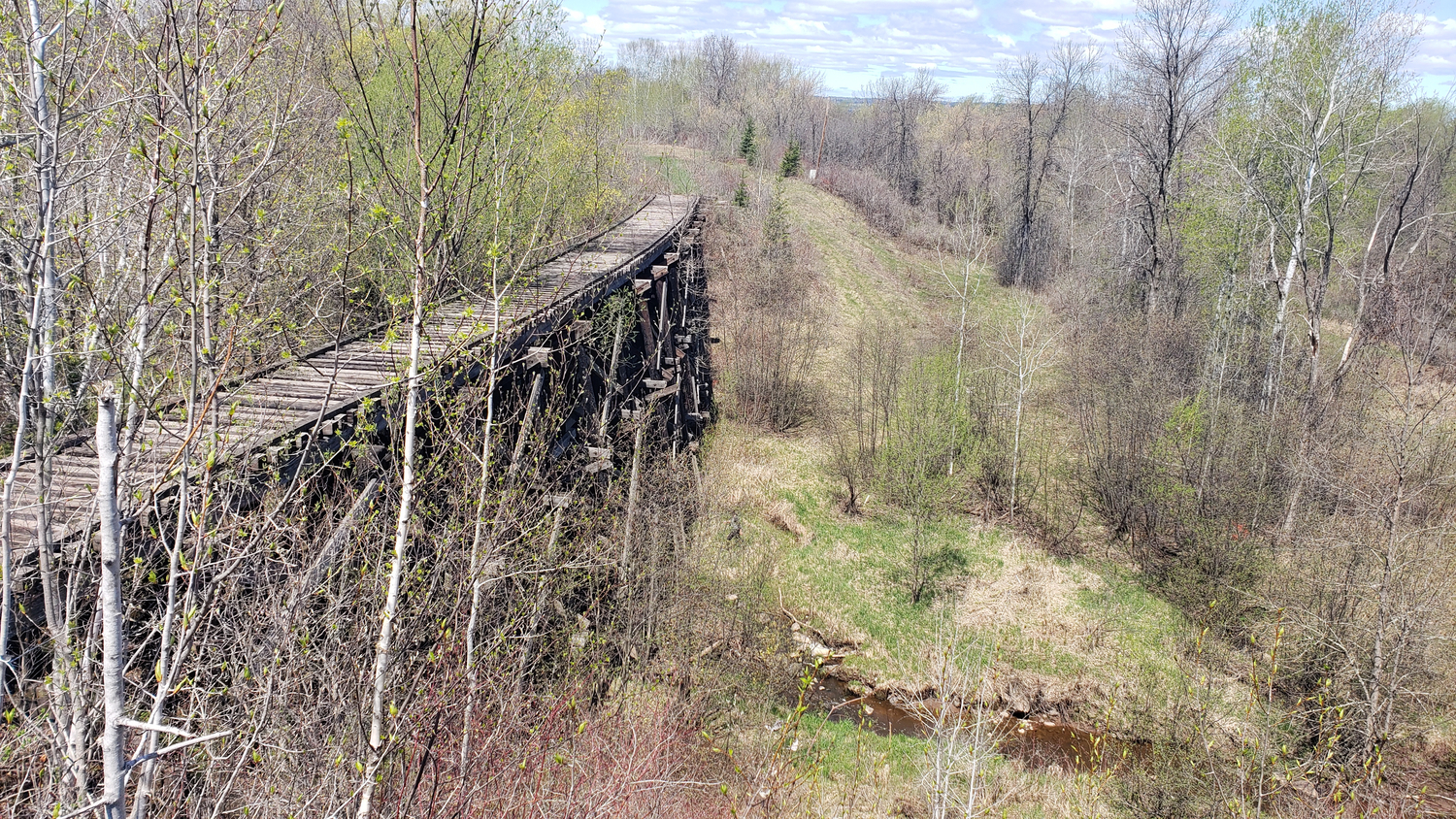
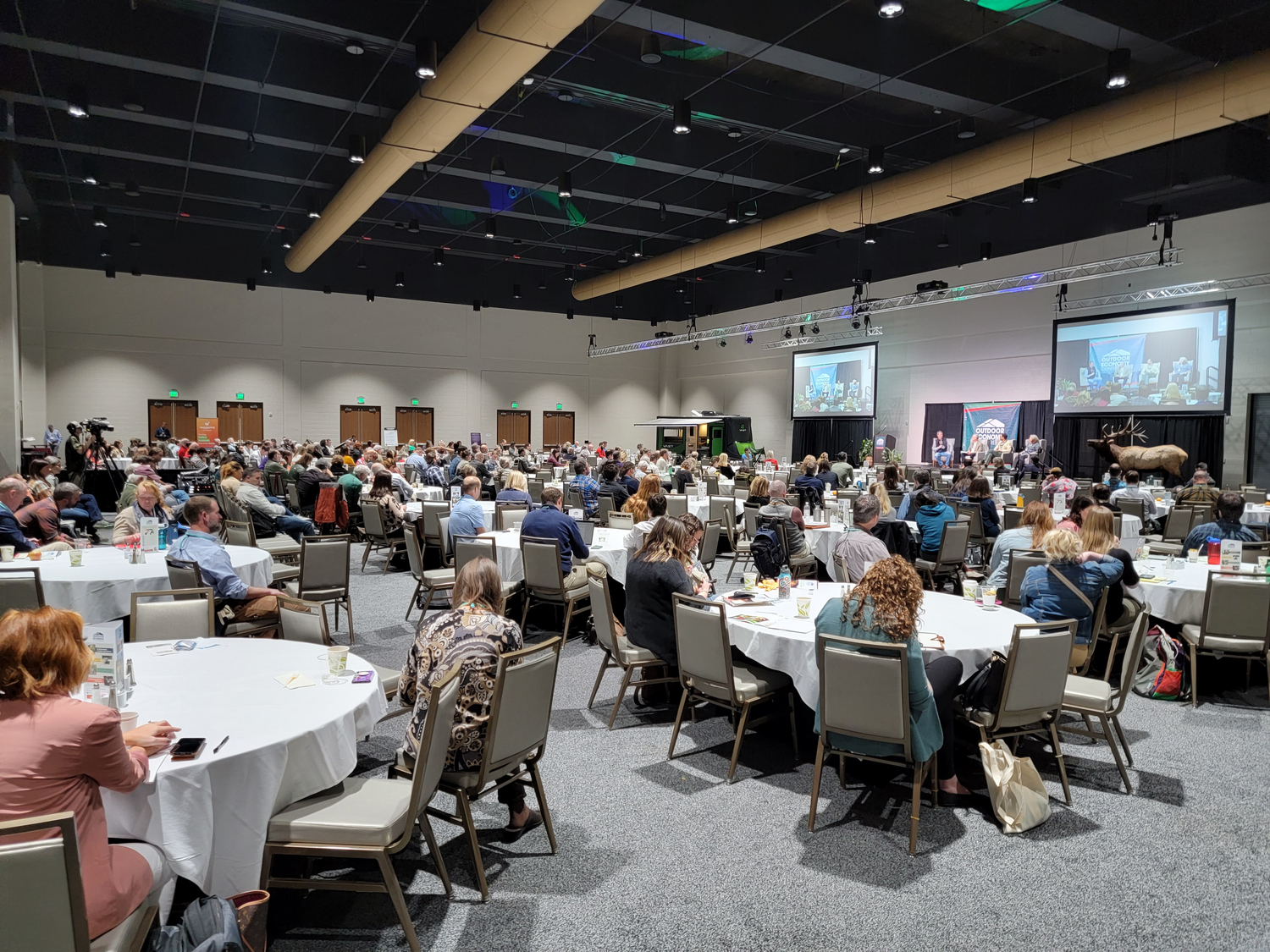
Q: What's one thing communities should be aware of before getting a start on developing high-quality trails?
LIZ: Getting high-quality trails built takes a lot of work and partnerships. It’s about community building as much as trail building. Communities will need to work together to see a system develop. Trail advocacy groups, local, regional, state governments, land managers, community organizers, youth leagues, business owners, and the community at large all have a role to play in a successful project.
STEVE: You need help! Mountain biking culture has a strong history of rugged individualism, especially where I am from. People love telling their city council that mountain bike trails will bring economic prosperity to the region and many folks still subscribe to the “build it, and they will come” mentality. But that simply isn’t the case anymore and we are asking a lot of our trails nowadays. We want not just economic benefits -- we want more kids on bikes, we want families recreating together, we want trails to provide connectivity for active transportation alternatives, and we want so much out of our trails and yet many times we don’t put the effort in at the start to truly achieve these goals. We are also asking for millions of dollars from the government, foundations, and private citizens. These people need to make sure their money is being spent wisely. Professional assistance, especially during the early stages of planning and design, can be immensely helpful in making sure your trail project meets the objectives it set out to meet in the first place. It’s okay to get help, and chances are you’ll learn a lot so you can be more effective on the next project.
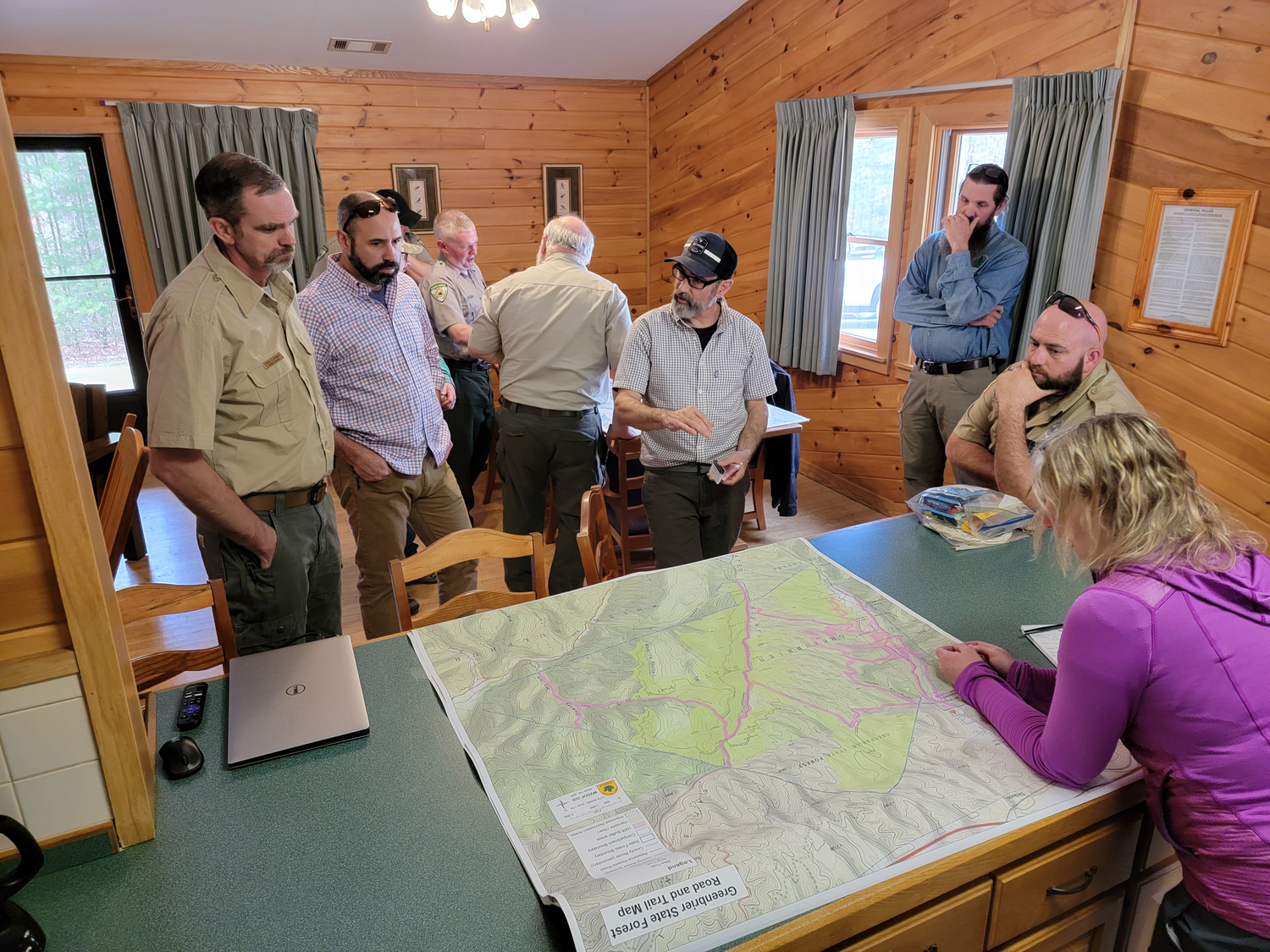
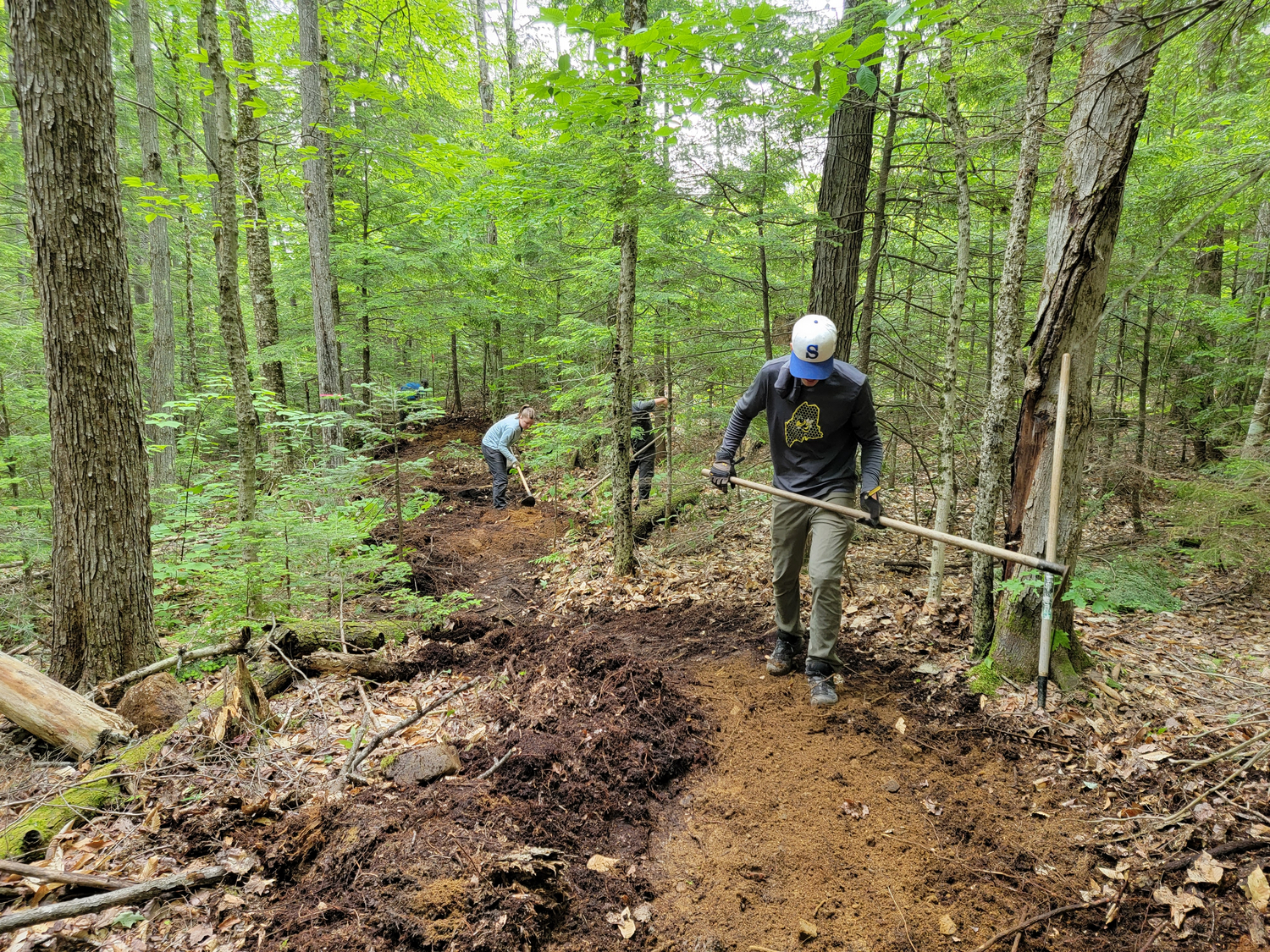
Q: Tell us about any challenging situations you've been in this year.
LIZ: Ha! Every site visit has had its unique challenges. Snow in the south. Extreme heat in the north. So many ticks!!! Bushwhacking for hours through thick spruce forests or swamps in the rain! It’s a really fun job 😉
STEVE: Well, my wife has been pregnant all year, and I was home maybe 4 or 5 weeks. I won’t lie; traveling the country riding bikes and designing mountain bike trails is a dream job, but it’s also a very tough one. I spend countless nights alone in hotel rooms; I eat alone at restaurants, I walk around alone in the woods all day; it’s a very lonely job, and you don’t get to go home at the end of the day.
Q: What trail experiences and bike-optimized facilities are communities asking for in 2022?
LIZ: We have been seeing quite a few communities focusing on the beginner trail experience and providing more of that entry-level experience for area youth. Many of the sites I have visited this year have some trail development in the area for biking, but they all are lacking truly green trails where kids can have a good entry-level experience and learn bike handling skills while having fun and not being frustrated by trails beyond their ability level.
STEVE: Everybody wants more kids on bikes. I think we see in a lot of places the issues that arise when children don’t play outside with others. So much learning and growth happen when kids are given freedom, independence, and challenge. Now go outside, and you incorporate learning about the environment and dealing with situations outside your control (i.e. the weather). That translates to accessible beginner-friendly trails, often with an element of flow. And generally, means trails very close to populations. We are more and more finding ourselves working directly in communities versus a piece of conserved land far from town.
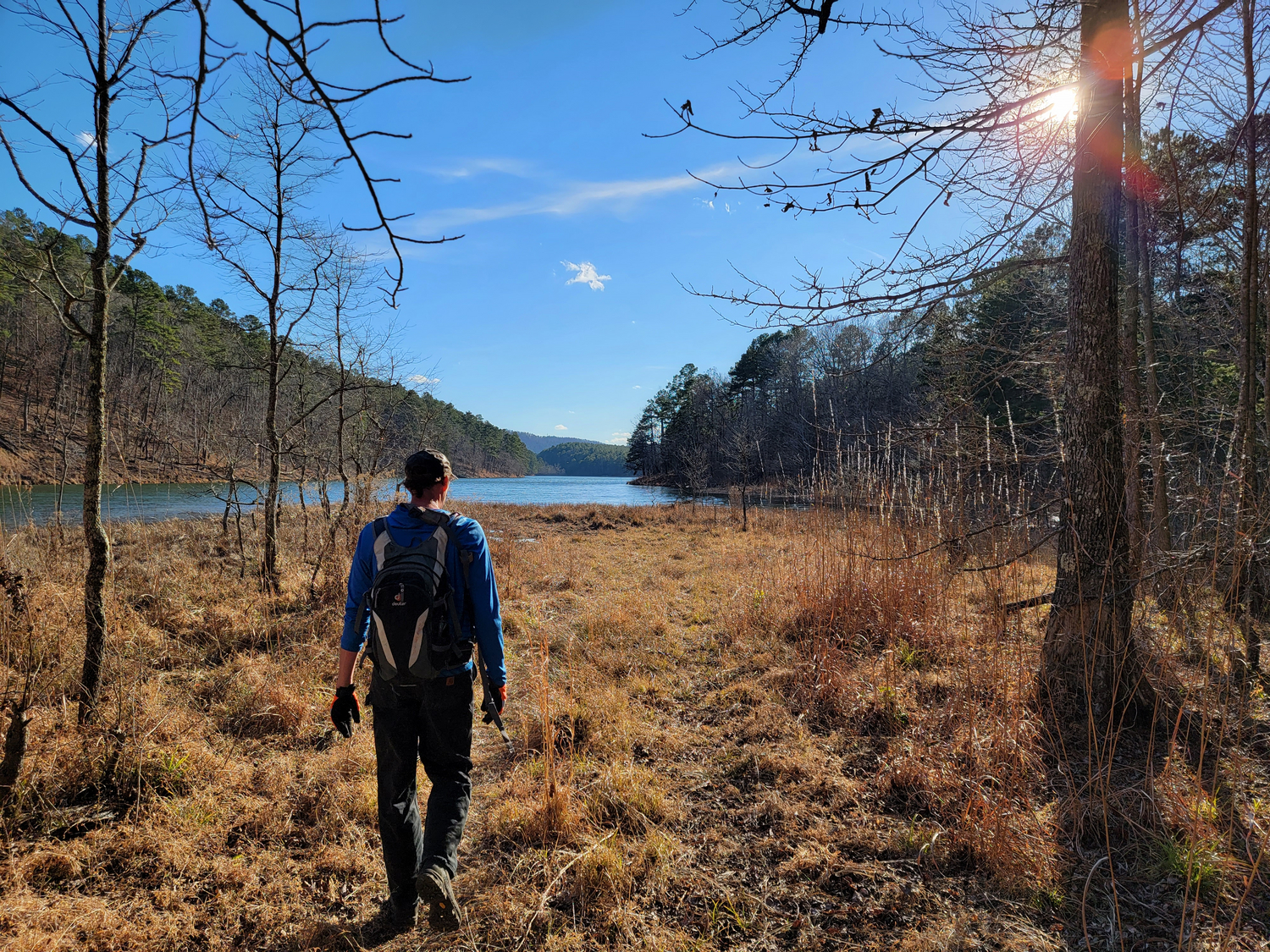
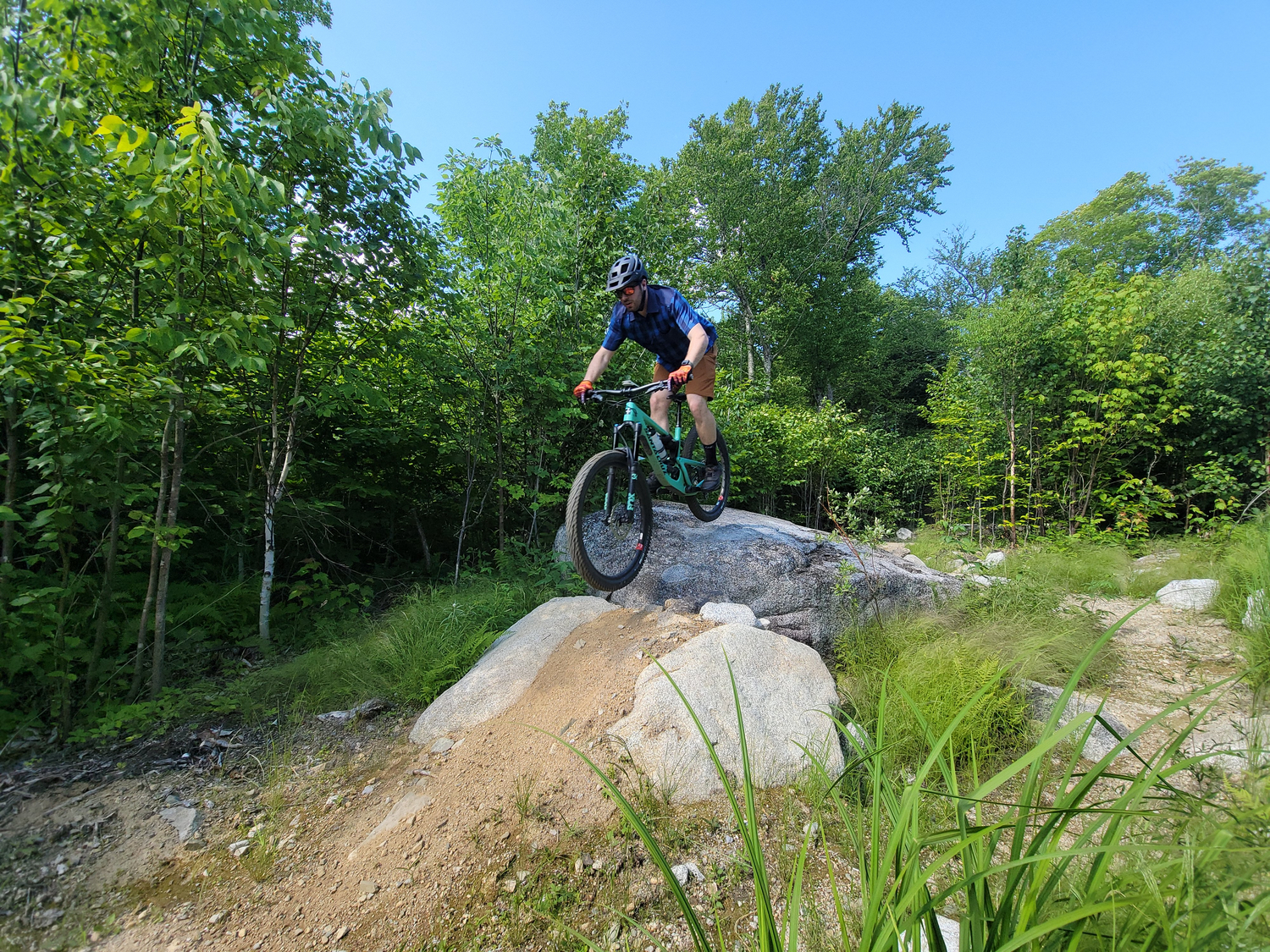
Q: Describe your favorite field experience of the year.
LIZ: It’s hard to choose. I really do enjoy my time doing fieldwork despite the challenges. I think Bethel, ME tops the list for me this year. I loved exploring some of the high-elevation terrain in the Wheeler/Barker/Black Mountain Bowl. The terrain is so interesting there with hidden cascades and small waterfalls, glacial erratic’s, and open rock slabs with some incredible views within a dense spruce/fir forest (one of my favorite forest types - they smell incredible). There is the potential for some truly unique backcountry bike experiences that will be unique for the east coast.
STEVE: I would have to pick being eaten alive by blackflies and mosquitoes in the pouring rain of Maine. Seriously, I love the tough days. It reminds me how life isn’t easy, and those things that are important to us sometimes include a struggle. For real, we were contracted to provide planning services on 10,000 acres of remote Maine forest. Mobilization sometimes meant driving 5 miles behind a locked gate to spend all day bushwhacking 15 miles. There was no cell service, the closest paved road was often 5+ miles as the crow flies, and the terrain was not easy. I love the rugged and isolated landscapes. To dream and imagine how trails may open up these places to people in new ways is really special. This sort of trail system would be unique in Maine and could provide an amazing opportunity to connect people to the history of the land and hopefully inspire them in countless ways.
